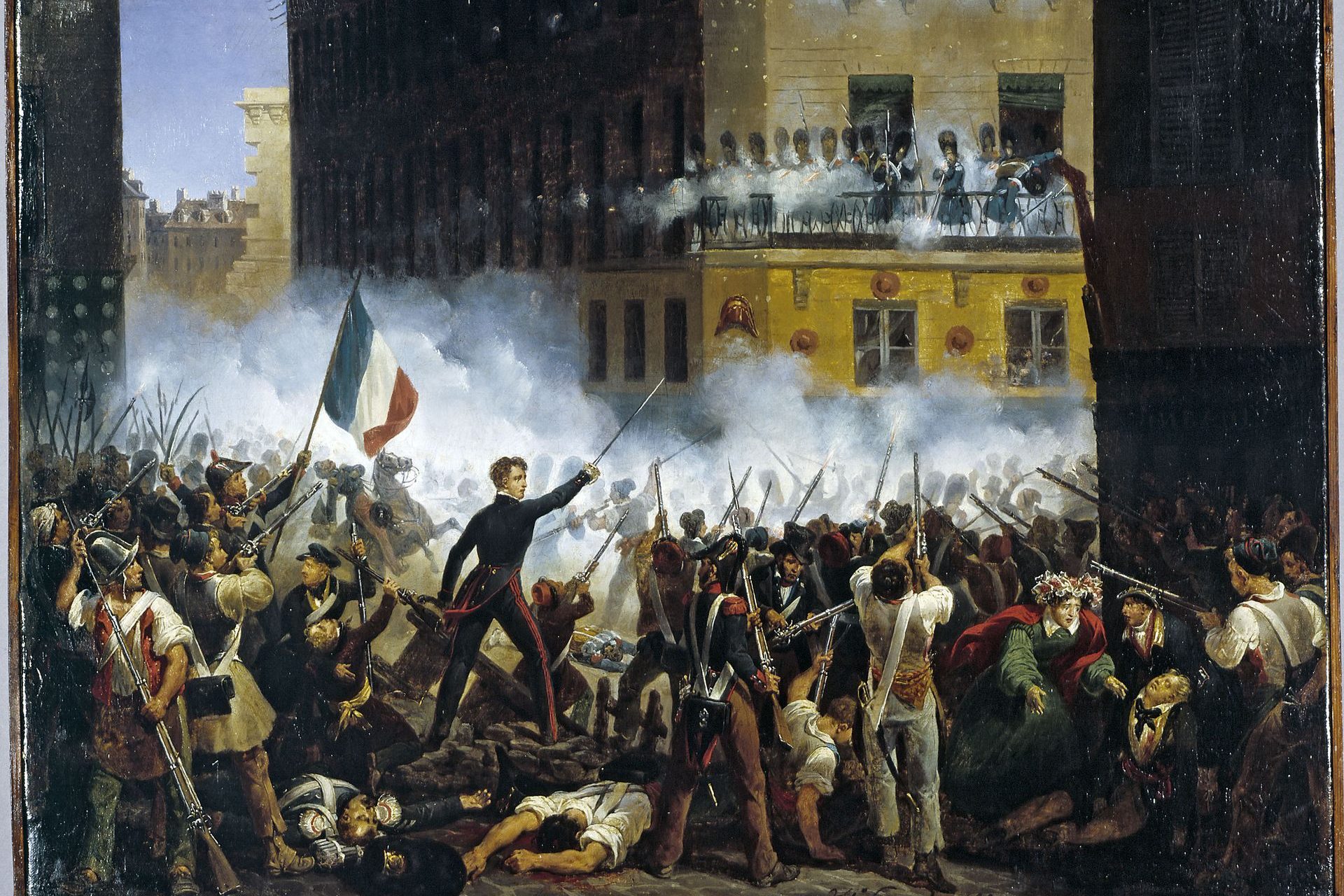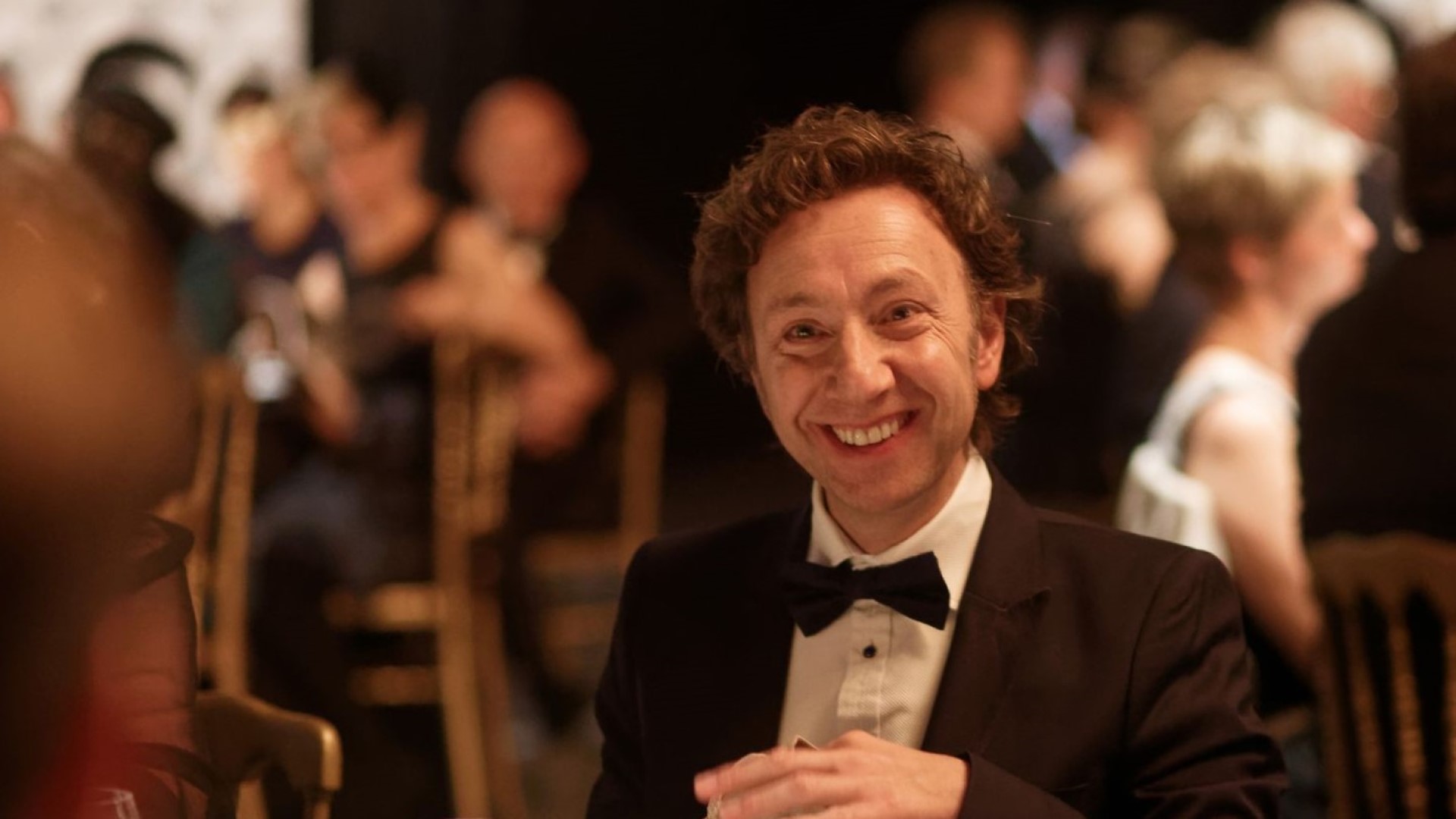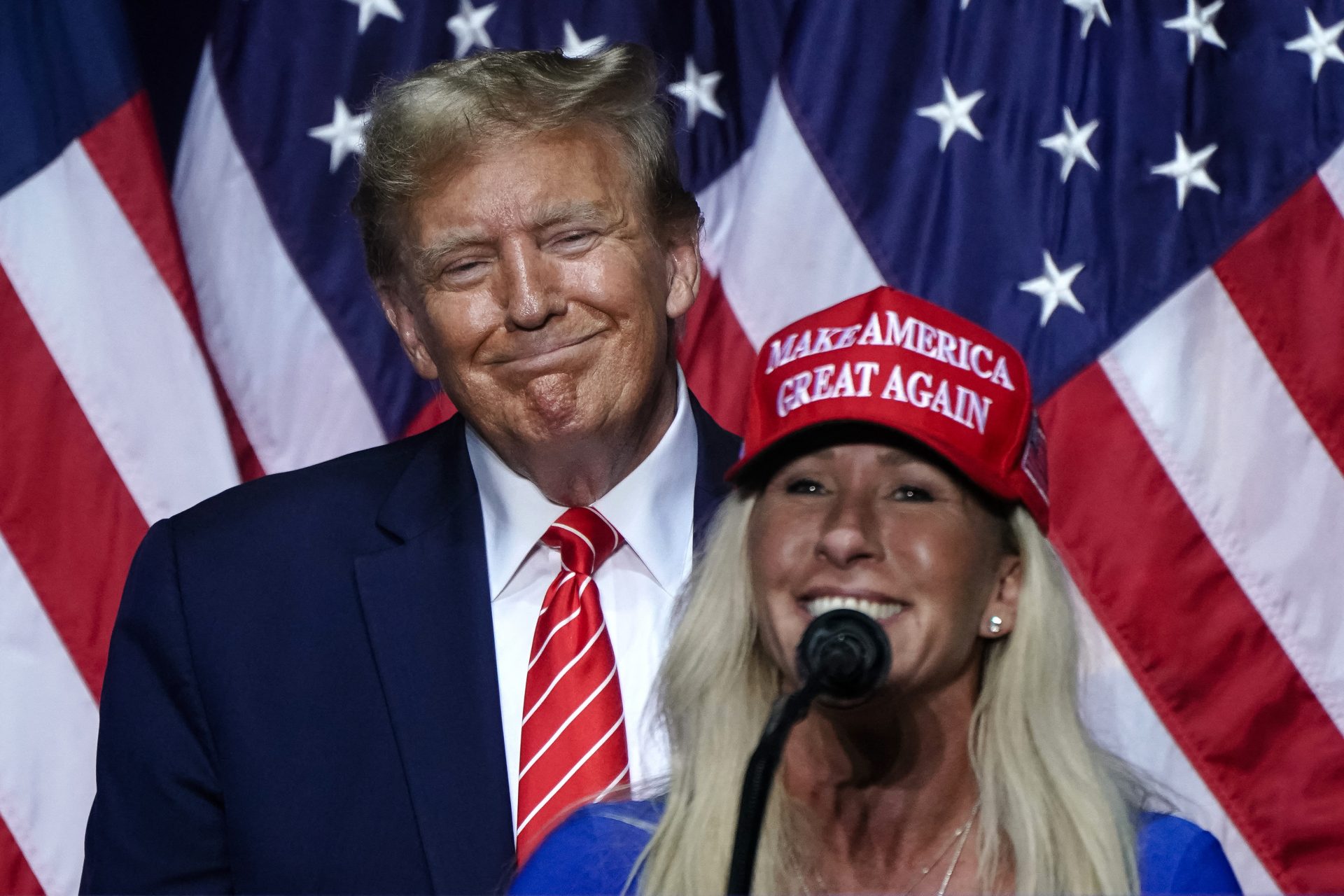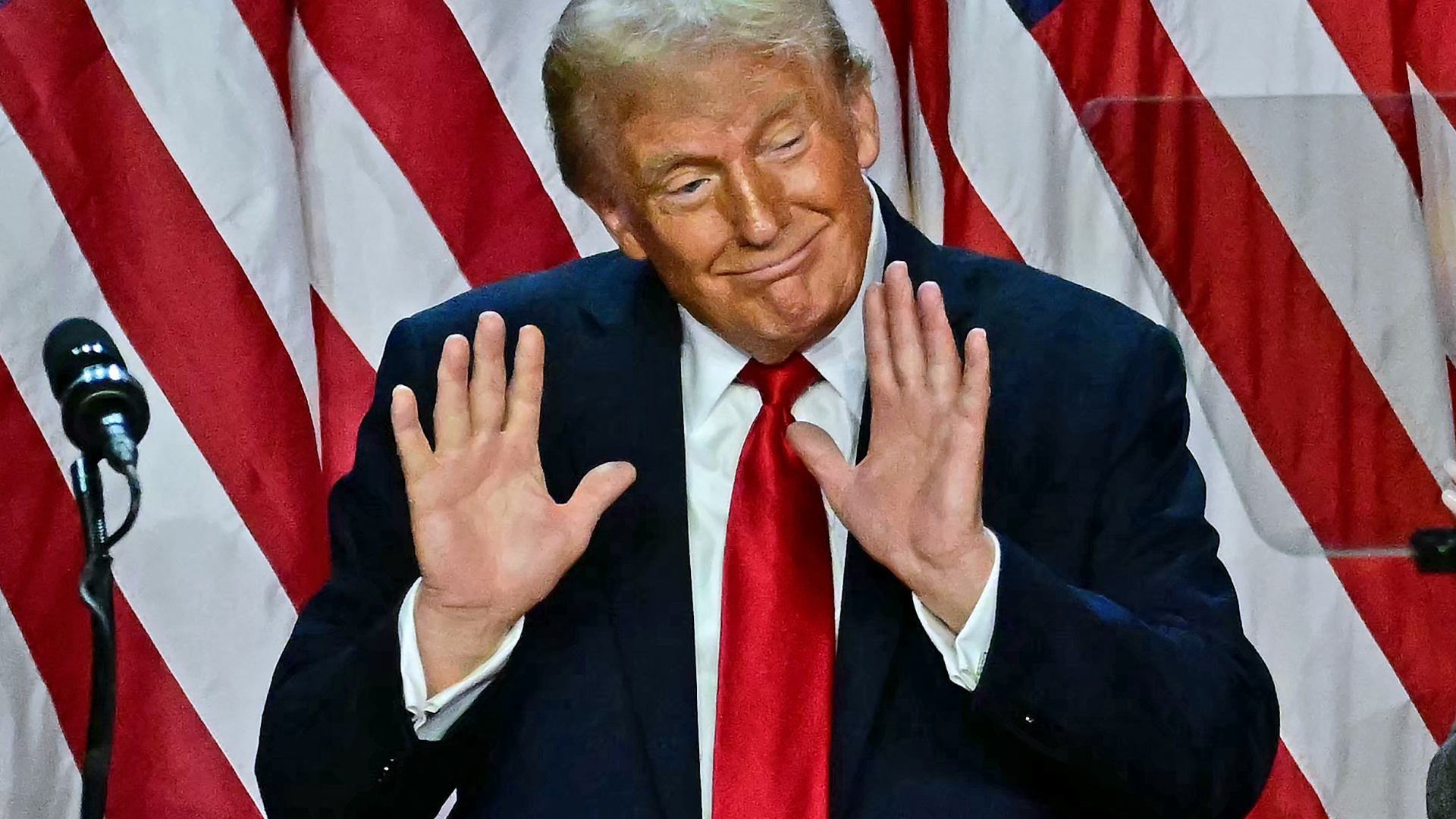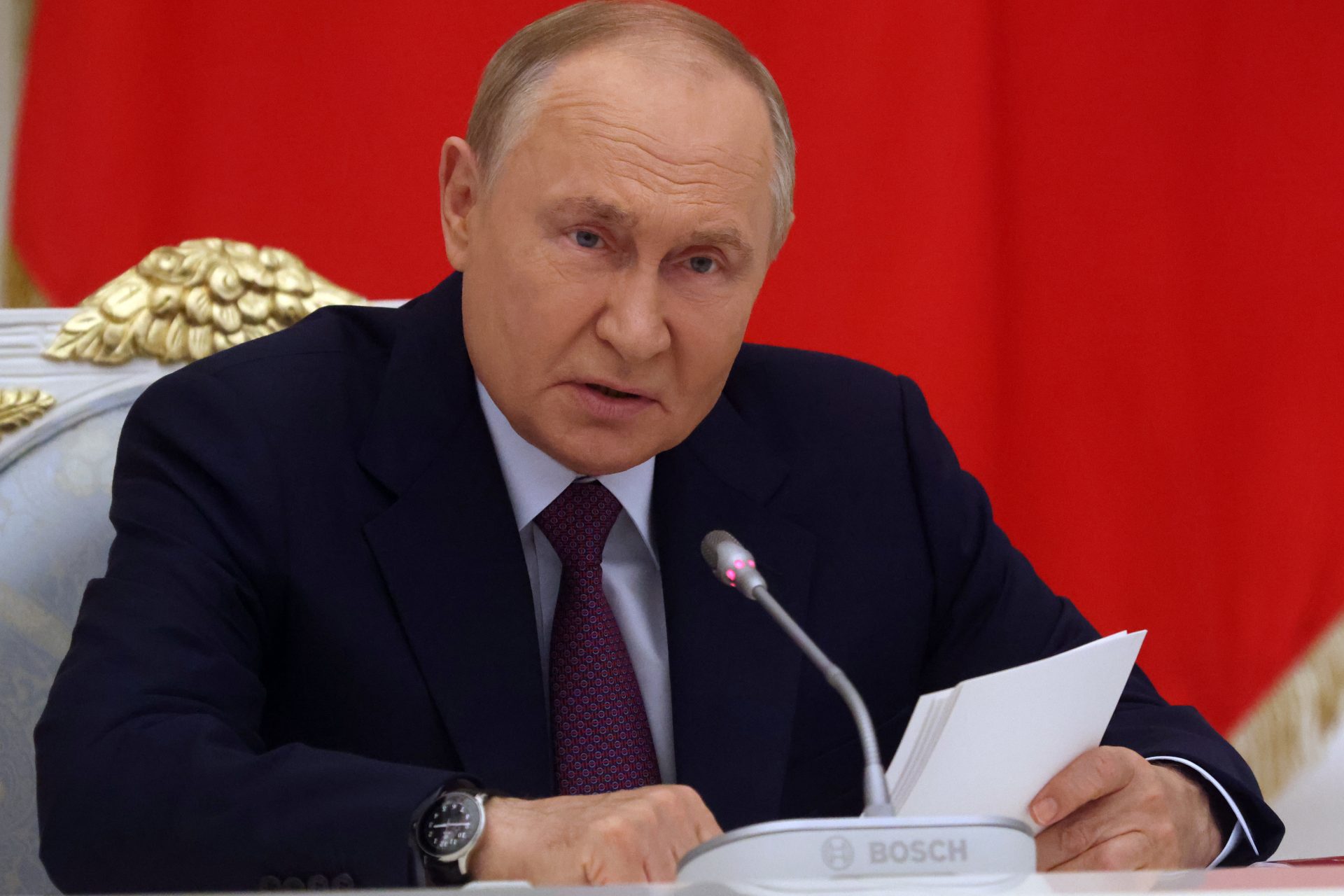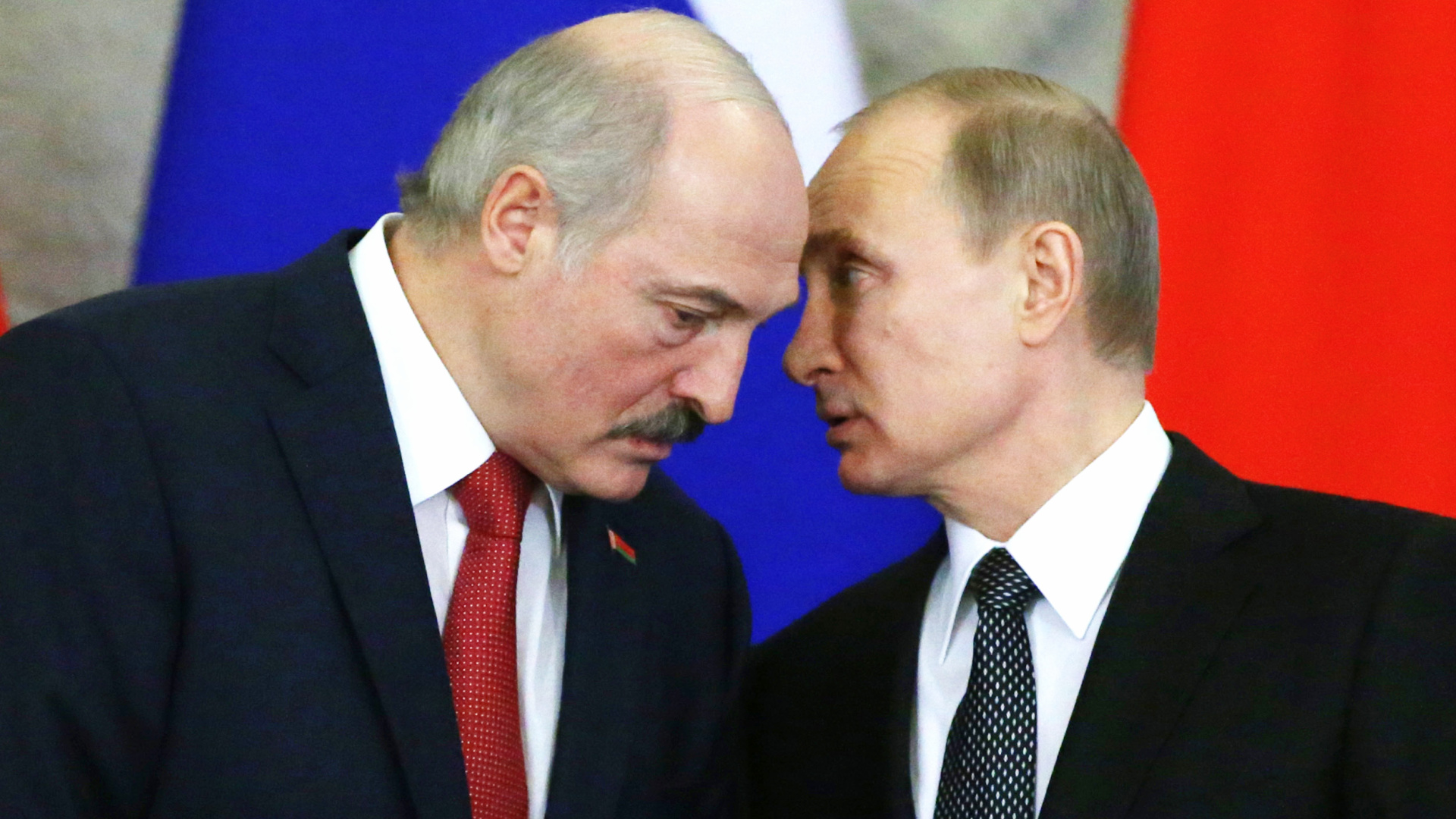Do the French want their monarchy back? Really?
When protesting the increase of the French retirement age by President Emmanuel Macron in March 2023, some Parisian protesters yelled: "We beheaded Louis XVI, and we can do it again!" That doesn't really strike one as a nostalgic reference to the monarchy, now does it?
But still, in September 2022, while England mourned massively and unitedly the loss of their beloved Queen Elizabeth II, some French people wondered if it wouldn't be nice to have a royal house uniting their diverse and often polarized country too.
Is the return of the French monarchy a fantasy, nostalgia, or a danger for the Republic?
The monarchy was abolished for the first time in France in the wake of the Revolution of 1789. In a significant event in the history of the world, the French had their King Louis XVI guillotined.
The monarchy was briefly restored in 1815 after the fall of Napoleon. Overthrown in 1830, it was restored the same year in favor of Louis-Philippe, the cousin of the two previous kings. But he, too, was ousted in 1848. These unsuccessful attempts robbed the monarchy of much of its credibility as a regime capable of sustaining itself over time.
Even after the Republic was definitively established at the end of the 19th century, it remained the subject of numerous disputes. There was the Dreyfus Affair, for example, or the anti-parliamentary riots of 1934. People like the conservative intellectual Charles Maurras (photo) insisted that France return to the monarchy, and so did organizations such as the Camelots du Roi ('the King's Camelots').
In place since 1958, the Fifth Republic has often been criticized for its monarchical character because it grants significant power to a single person, the President of the Republic. Some say there was a semblance of monarchist nostalgia behind the renewed republican institutions. They would have been pushed by General De Gaulle (photo), himself a monarchist sympathizer in his youth.
Moreover, the current President of the Republic, Emmanuel Macron, made iconoclastic remarks on the monarchy in France in 2015. He said: "There is an absentee in the democratic process and in its functioning. In French politics, this absentee is the figure of the king, whose death I fundamentally believe the French people did not want." The statement caused a lot of ink to flow at the time.
In the 1980s, the monarchy was somewhat popular among the people. Thierry Ardisson's book 'Louis XX - A Counter-Inquiry on the Monarchy' (1986) was a great success in bookstores. He defended the heritage of French royalty and suggested a system of constitutional monarchy like that of other European countries, such as the United Kingdom, Spain, and northern European states.
At the same time, Stéphane Bern, always close to the monarchs of Europe, defended a restoration of the monarchy in France. He debated it on television against a young Republican student who would be none other than Emmanuel Macron's future Minister of National Education in his later years.
On May 1 each year, when the unions celebrate Labor Dau, a monarchist parade takes place in Paris Place Jeanne d'Arc. The monarchy sympathizers find themselves within the framework of a parade that is one of the main meetings of the extreme right in France.
But anyway, who would be the suitors for the throne in the unlikely event of a restoration of the monarchy?
The candidates for the throne of France are divided between two family branches, both descendants of the last kings of France. The Bourbons, on the one hand, descend from Louis XVI and the kings of the Restoration. The Orléans, on the other hand, base their authority on their ancestor Louis-Philippe (photo), a cousin of the Bourbons who was deposed in 1848.
An old rivalry exists between the two branches, which do not fail to criticize each other regularly. The Bourbon's 'legitimists' are seen as more conservative and the Orléanists as rather liberal, but in reality, both groups are quite conservative by European standards.
On the Bourbon side, the current pretender to the throne is Louis-Alphonse de Bourbon. He is a Franco-Spanish prince who shares his life between Madrid and Caracas, Venezuela, the country his wife is from. Despite the glamorous aspect of their life as a couple, the man is very conservative. He is close to traditionalist Catholic circles in France and Spain and he advocates the heritage of right-wing dictator Franco.
On the Orléans side, the crown prince has been Jean d'Orléans (in the photo with his grandfather Henri d'Orléans) since 2019. He bears the official title of Count of Paris. The prince detailed his political positions in a book-length interview titled 'A French Prince.'
Despite its folkloric character and its strength of conviction, the monarchist movement remains a minority among the French population. It is not even a big group within the nebula of the extreme right. Political scientist Jean-Yves Camus tells the Canadian 'La Presse' that the group would only have "a few thousand people at most."
However, according to a 2016 BVA poll, no less than 17% of French people would support a return to the monarchy in their country. Would the population be nostalgic for the Old Regime or for a figure that embodies the continuity of the nation?
Be that as it may, a return to the monarchy seems unlikely, even almost impossible in France, given the solidity of republican institutions. As proof, the Royal Alliance created in 2001 won only 3,150 votes (0.01% of the vote) in the 2019 European elections. That percentage is equivalent to the probability of a monarchical restoration in the country.
More for you
Top Stories






